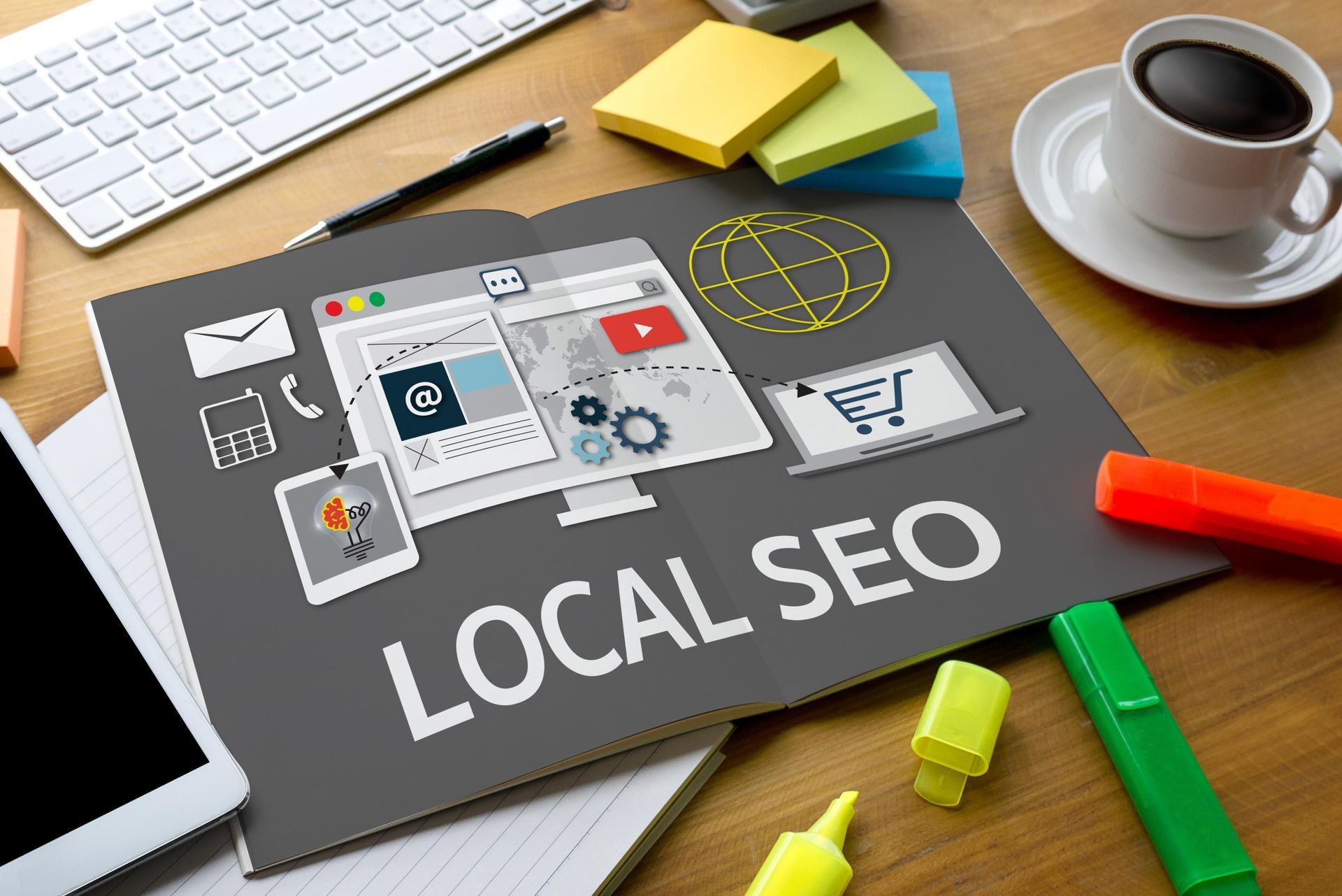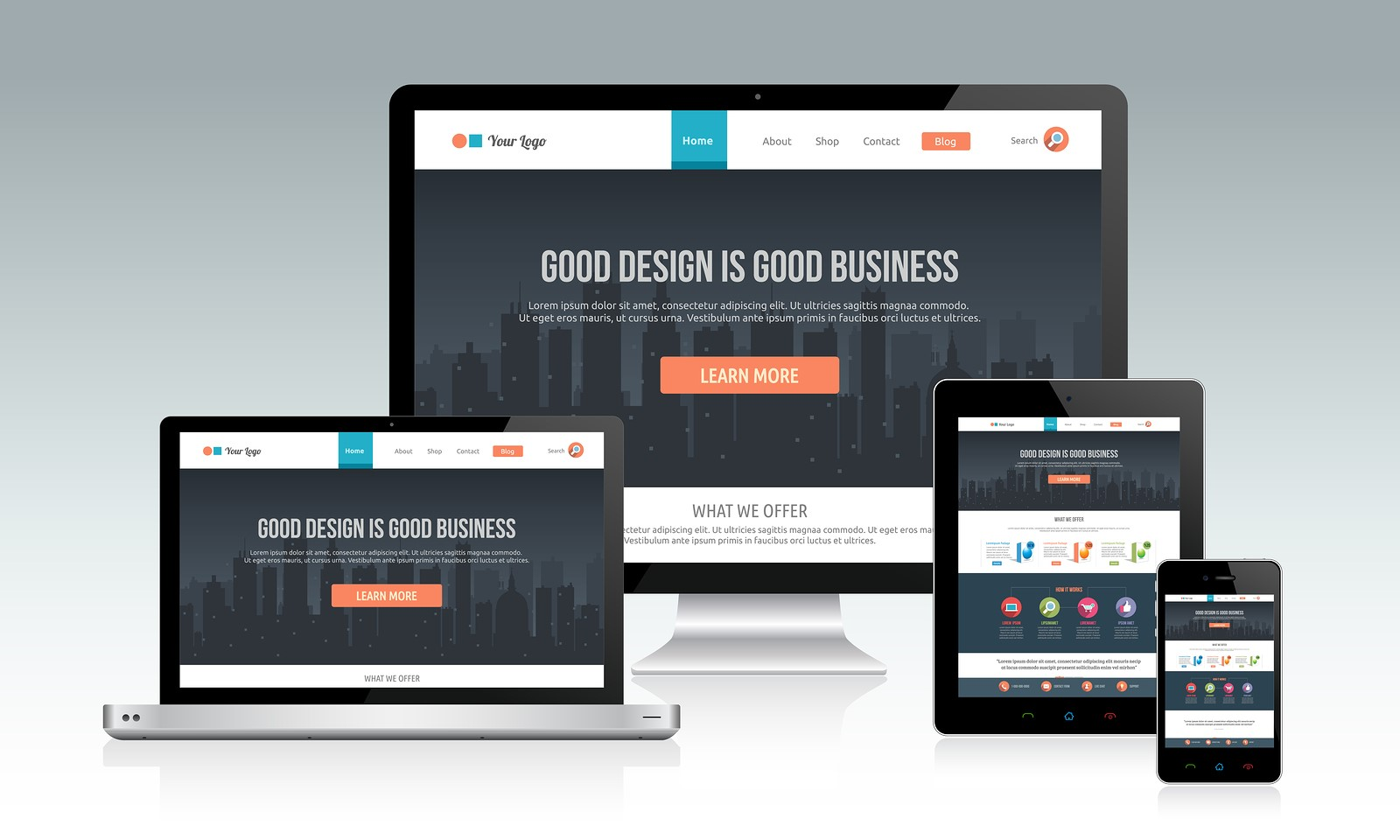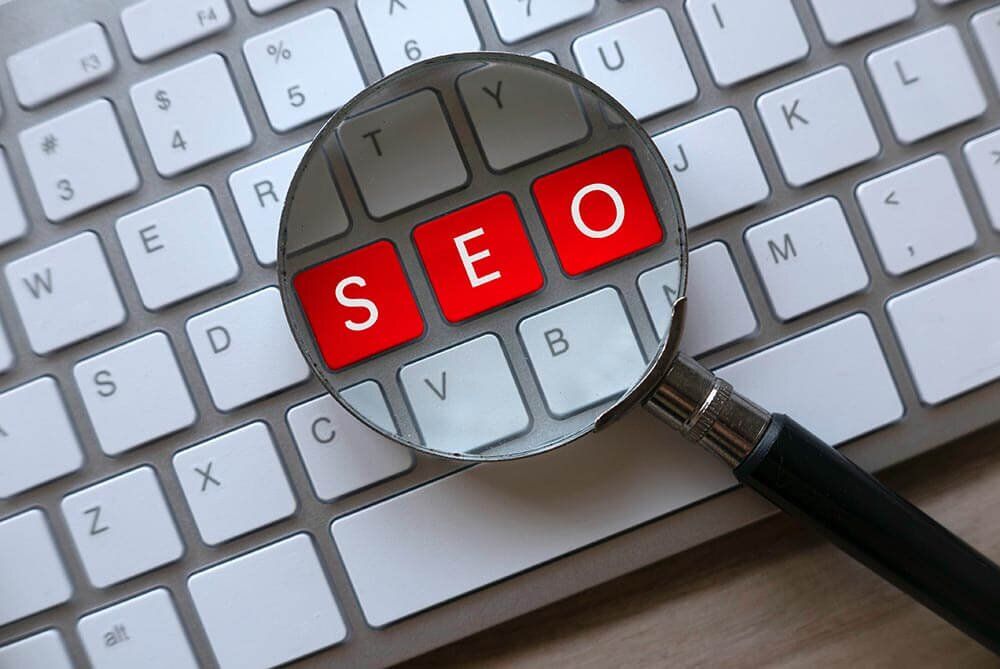How to Win Google: The Ultimate SEO Guide for Startup Websites in Denver
Local SEO for Small Businesses in Denver: Strategies That Work in 2025

Not long ago, I worked with a local bakery in Denver that had the best cinnamon rolls in town. But they had a problem—no one outside their regulars knew they existed. Their website was outdated, they weren’t showing up on Google Maps, and their social media barely mentioned their location. They were relying on word of mouth in a digital world. After a local SEO overhaul, they started getting new customers weekly—people who found them online first.
Here’s the reality: 78% of local mobile searches result in an in-store purchase. That means if your business isn't showing up in local search results, you're missing out on a ton of sales.
Most small business owners in Denver feel lost when it comes to SEO. It sounds like a bunch of tech jargon. But local SEO doesn’t have to be complicated. If you run a local business—whether it's a salon, plumbing company, law office, or food truck—you need to be found when people in Denver search for what you offer. This guide breaks down what works in 2025.
Why Local SEO Matters More Than Ever in 2025
The way people find businesses in Denver has changed. Search is smarter, faster, and more localized than ever. If you're not keeping up, you're falling behind. Local SEO is now the #1 tool to attract nearby customers ready to buy. It helps Google understand your location, services, and authority in your space.
With AI-driven search, Google is pulling even more data from local signals—reviews, location pages, and user behavior—to decide who shows up first. If your small business isn’t optimized for local SEO, it’s not just a missed opportunity—it’s money left on the table.
Let’s walk through the top 7 proven strategies you can use right now.
Claim and Optimize Your Google Business Profile
One of the most powerful tools for local SEO is your Google Business Profile. It’s what shows up when someone searches your business name or finds you on Google Maps. Yet many business owners leave it incomplete or outdated.
Start by claiming your profile if you haven’t already. Then fill out every single field: business name, category, address, phone number, website, and hours. Add professional photos of your storefront, team, products, or services. Post updates, special offers, and events to keep your profile fresh. And don’t forget to enable messaging so potential customers can contact you easily.
Businesses with optimized profiles show up in the coveted "Local 3-Pack"—the top three results under the map. That’s prime real estate in search.
Use Location-Specific Keywords
Using the right keywords helps Google understand what you do and where you do it. Generic terms like "barber" or "accountant" won’t cut it. You need to include geo-specific phrases like "Denver barber" or "accounting firm in Sloan’s Lake."
Include these keywords naturally in your:
- Homepage content
- Meta titles and descriptions
- Header tags (H1, H2, etc.)
- Alt text for images
- Blog content and service pages
Don’t overdo it—keyword stuffing doesn’t work. Focus on writing for humans first while clearly signaling your location and services.
Build Local Landing Pages
If you serve multiple neighborhoods or cities around Denver, create separate landing pages for each. These pages help you show up for localized searches and let you tailor your messaging to different audiences.
For example, a contractor might have:
- “Home Remodeling in Stapleton”
- “Basement Finishing in Lakewood”
- “Deck Installation in Aurora”
Each page should have unique content, photos, testimonials from that area, and a clear call-to-action. Avoid duplicating content—it needs to feel specific and relevant.
Get Reviews—and Respond to Them
Reviews are one of the biggest local ranking signals. They build credibility with Google and with customers. A steady stream of real, positive reviews can push you up the local search rankings.
Ask happy customers to leave reviews—via email, receipts, or in person. Then respond to every review. Thank people for good ones and address concerns in the bad ones. Show that you care. Never buy fake reviews—Google’s AI is smart enough to catch them and penalize you.
Also, use reviews to find new keyword opportunities. If customers keep mentioning a specific product, service, or location, work those terms into your site content.
List Your Business in Local Directories
Citations are mentions of your business name, address, and phone number (NAP) across the web. They help search engines verify that your business is legitimate and located where you say it is.
Submit your site to:
- Yelp
- Nextdoor
- BBB (Better Business Bureau)
- Chamber of Commerce
- Local blogs and directories (like Denver.org or 5280)
Be consistent with your NAP across all platforms. Even a small inconsistency (like "St." vs. "Street") can confuse search engines.
Create Content That Serves the Denver Audience
Content is still king—but it has to be local and useful. You need to write content that answers the real questions Denver residents are asking. This not only drives traffic but also establishes your authority in the local space.
Try topics like:
- "Best Time to Plant a Garden in Denver"
- "How to Prepare for a Denver Snowstorm"
- "Top 5 Events Near City Park This Spring"
Blog content helps you rank for long-tail keywords and gives you material to share on social media, in emails, and even in ads. It also gives people more reasons to visit—and stay on—your website.
Optimize for Mobile and Voice Search
Search behavior has changed. More people use phones or voice assistants (like Siri and Alexa) to find what they need. That means your site needs to be lightning fast, responsive, and written in natural, conversational language.
To optimize for mobile and voice:
- Use large fonts and simple menus
- Compress images for faster loading
- Include FAQs with common search phrases
- Use phrases like “best pizza near me” or “plumber open now in Denver”
Google prioritizes user experience. A site that’s frustrating to use on a phone won’t rank well—no matter how good the content is.
Frequently Asked Questions
- How much should a small business expect to spend on local SEO each month?
Most small businesses spend between $500–$1,500 per month depending on their goals, competition, and how much is done in-house vs. outsourced. - How often should I update my Google Business Profile?
At least once a week—posting updates, photos, or promotions keeps your listing active and signals to Google that your business is engaged. - Can I do local SEO without a website?
Yes, you can start with just a Google Business Profile, but having a website gives you more control, visibility, and long-term results. - How do I know if my local SEO is working?
Track changes in your Google rankings, website traffic, phone calls, and foot traffic using tools like Google Analytics and call tracking software.
How Lingows Media Can Help You
At Lingows Media, we specialize in helping small businesses in Denver show up where it matters most—on the front page of Google, in local search results, and on mobile.
Our team combines web design, SEO, automation, AI, and analytics to deliver results, not just traffic. We know what Google wants in 2025, and we build sites and strategies that get attention and leads.
Whether you need to fix a broken website, start from scratch, or finally outrank that competitor in RiNo, we’ve got your back.
Here’s how we can help:
- Local SEO audits and fixes
- Google Business Profile optimization
- Fast, mobile-friendly websites
- AI-powered content strategies
- Real-time reporting and ROI tracking
Let’s take the confusion out of SEO and start growing your business the smart way.
Visit us at: 1400 16th St Suite 400, Denver, CO 80202
Call us at: (720) 738-5548
Explore more at: www.lingows.com














